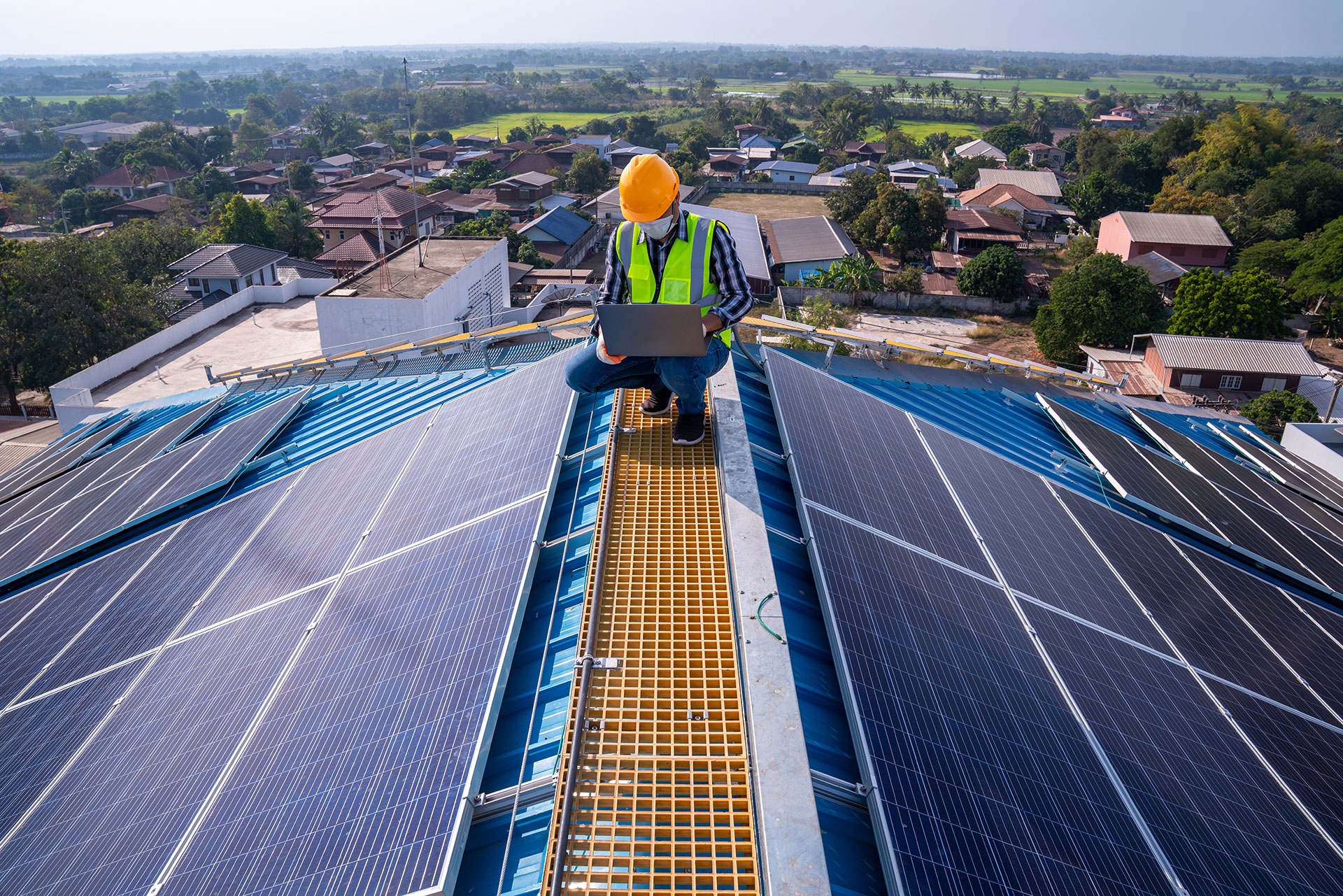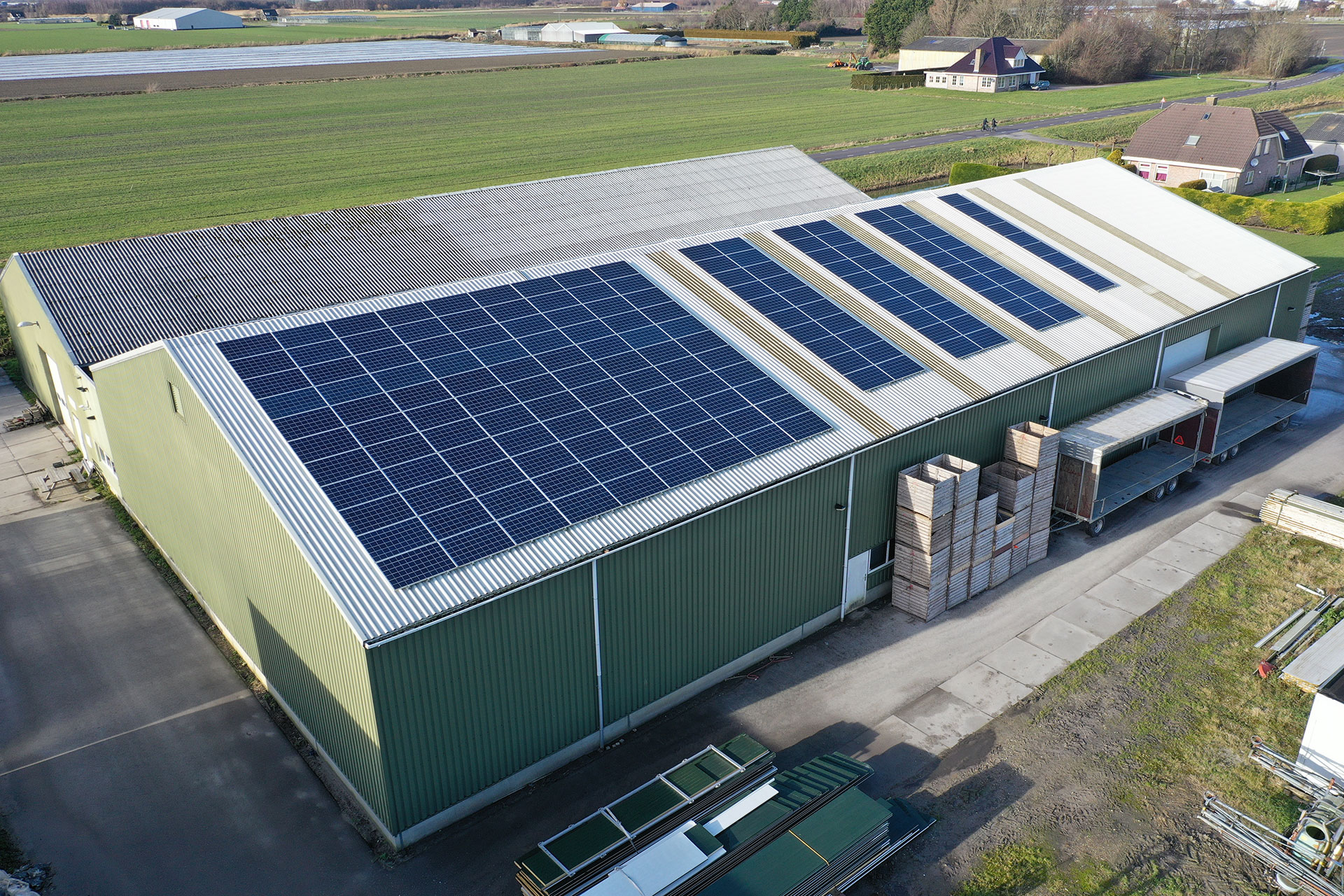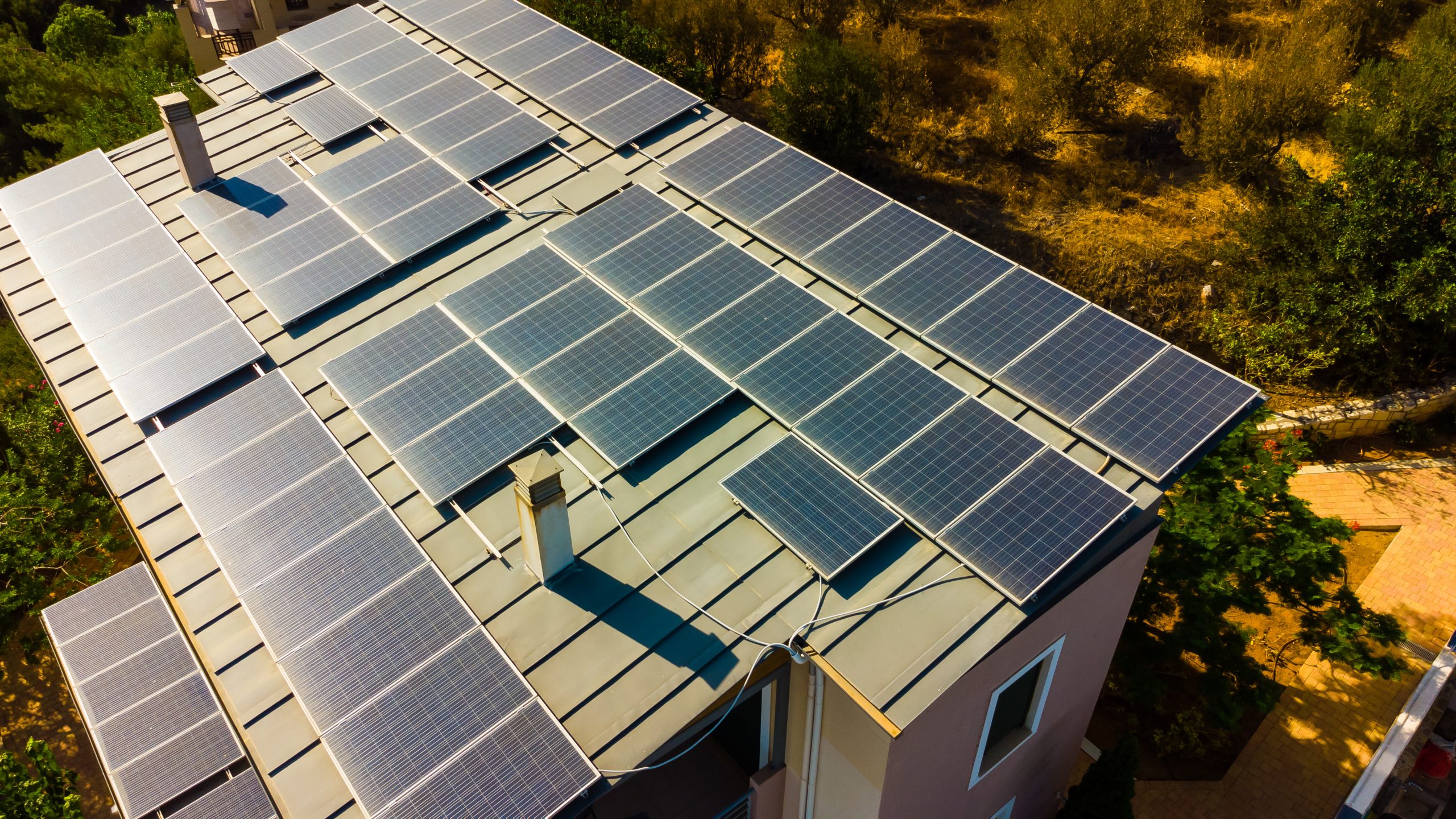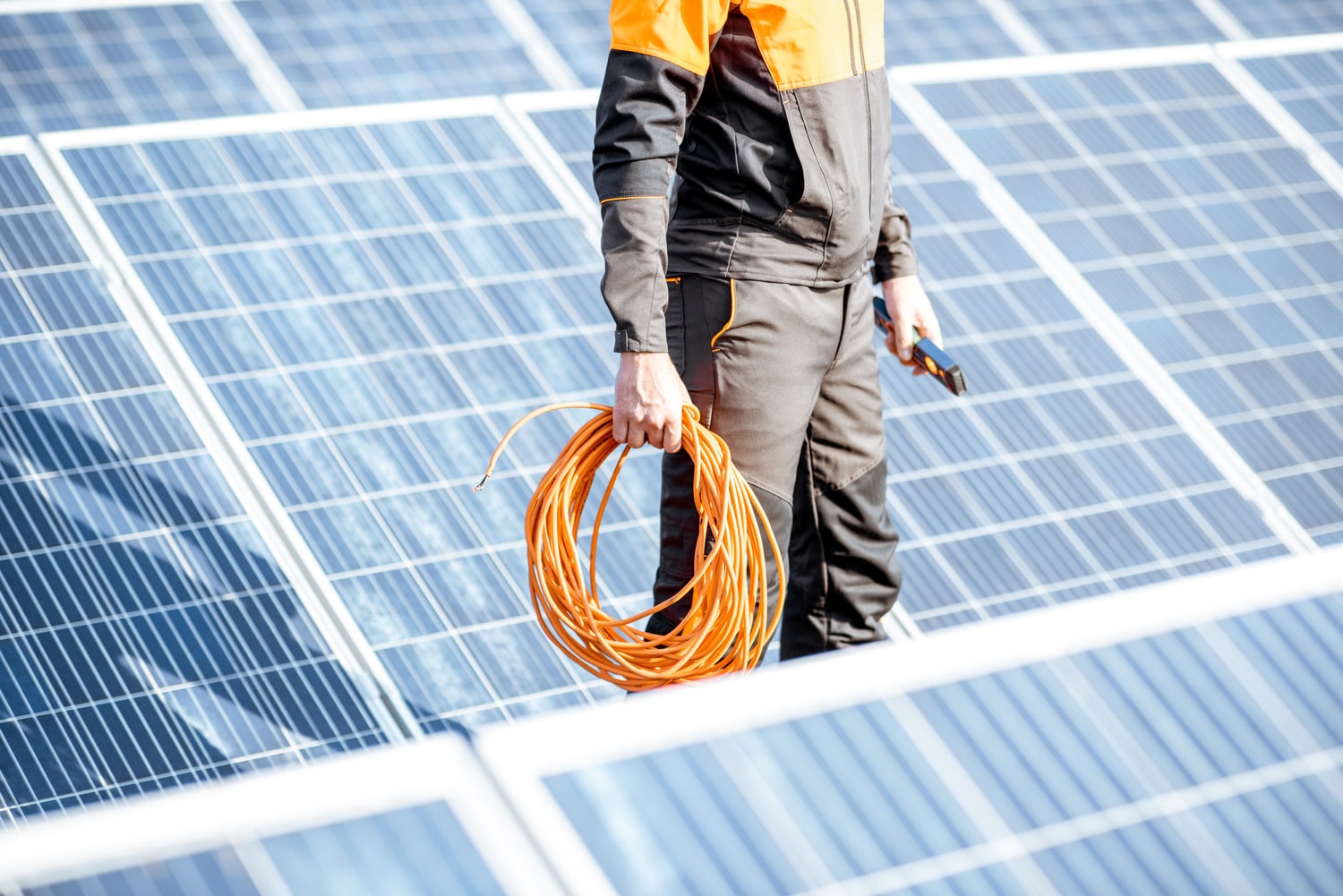Solar companies can reduce your TNB bills and carbon footprint for decades—provided the system is designed and installed by a proven specialist. Malaysia’s crowded market makes the search challenging, with varying experience levels, warranty terms, and non-standardised quotations.
This guide helps you assess providers, compare offers, and secure a system that delivers reliable savings for years to come.
Exploring Malaysia’s Solar Energy Landscape
Malaysia’s energy transition is accelerating. The government aims to raise renewable energy capacity to 70% by 2050, with solar expected to lead this growth. Supportive policies now make rooftop and large-scale projects more attractive than ever.
National Targets and Incentive Programmes
PETRA has confirmed that a successor to NEM 3.0— Solar Accelerated Transition Action Programme (Solar ATAP) will be launched on 1 December 2025.
Key features include:
- Exported energy is credited at the System Marginal Price (SMP)
- Installation capacity of up to 100% of maximum demand for rooftop optimisation
NEM 3.0 itself closed to new applicants on 30 June 2025. The quotas below are shown for context only:
- NEM Rakyat: The 700 MW quota for homes is now fully subscribed.
- NEM GoMEn: The 100 MW quota is closed, with only late-stage approvals in progress.
- NEM NOVA: The 1,700 MW quota for commercial and industrial users has reached its cut-off date. Approved systems export at the System Marginal Price.
For businesses, 2 green-finance tools improve project economics:
- Green Investment Tax Allowance (GITA): A 100% capital allowance on qualifying solar capital expenditure, offsettable against up to 70% of statutory income over 5 years.
- Green Technology Financing Scheme (GTFS 4.0): A 1.5% interest-rate subsidy for 7 years and a 60% government guarantee on bank loans, available until 31 December 2025 (or until funds have been fully utilised).
Market Segmentation: Residential, Commercial & Utility-Scale Solutions
Malaysia’s solar sector spans 3 distinct segments, each with its own requirements.
- Residential (6 to 18 kWp): Compact rooftop arrays that reduce—or even eliminate—monthly TNB bills. Installation is fast, and roof aesthetics are preserved.
- Commercial & Industrial (50 kWp to several MW): Factories, offices, and malls deploy larger systems to hedge against tariff hikes and meet ESG goals. Power-purchase agreements allow deferred payments, preserving capital for core operations.
- Utility-Scale (>1 MW): Large solar farms built under the LSS programme feed clean power directly to the grid. These require advanced engineering and significant investment, but deliver the greatest contribution to national renewable energy capacity.
Essential Criteria for Comparing Solar Companies
When comparing solar companies, look beyond headline prices. The installer you choose will determine long-term performance and reliability. Check each provider’s track record, certifications, and after-sales support before committing.
Established Track Record and Total Installed Capacity
A company's portfolio is a strong indicator of its reliability and expertise.
Evaluate providers based on:
- Years in Operation: At least 5 to 10 years in Malaysia signals staying power and familiarity with TNB, SEDA, and local authority processes.
- Total Installed Capacity: Look for over 10 MW of completed projects across homes, factories, and ground-mount sites. This scale shows the ability to mobilise crews, manage supply chains, and deliver on schedule.
- Diversity of Project Types: Rooftops (metal and tile), carports, floating and utility-scale arrays. Breadth reflects versatile engineering rather than a one-size-fits-all design.
Recognised Certifications, Industry Awards & Professional Accreditations
A credible solar company will hold all certifications and accreditations from recognised bodies:
- Sustainable Energy Development Authority (SEDA) Certification: Must be a Registered PV Service Provider (RPVSP) to legally install grid-connected systems.
- Energy Commission (Suruhanjaya Tenaga) License: Required for all electrical work.
- ISO Certifications: ISO 9001 (Quality Management) signals commitment to quality
Technology Offerings and Engineering Capabilities
A quality installer specifies proven hardware and tailors each array to your roof, load profile, and climate.
Compare providers on:
- High-Efficiency Inverters: Look for string or hybrid inverters with arc-fault protection and remote firmware updates.
- Robust Mounting Structures: Aluminium or PosMac steel rails rated for 240 km/h wind loads to prevent corrosion and roof damage.
- In-House Engineering Design: A competent EPC will model roof orientation, shading and load profiles in PVsyst (or similar software) to size the array and inverter accurately.
- Performance Optimisation: Ask for predicted annual yield (kWh/kWp) and ensure it aligns with local irradiance data. A solid forecast shortens the payback period.
Warranty Coverage, Ongoing Support & Service Response Times
Post-installation service is just as important as the system itself. You should expect comprehensive coverage that includes:
- Product Warranty: Covers manufacturing defects in panels and inverters.
- Performance Warranty: Guarantees minimum power output over the panel’s lifespan.
- Workmanship Warranty: Covers installation quality and reflects the company's confidence in its work.
- Remote Monitoring: A portal or app for real-time performance tracking helps flag any issues early.
- Service Response: Look for clear commitments—such as 48-hour remote diagnosis and 3-working-day on-site repairs for key components.
Choosing the Right Solar Partner
Selecting an installer is a long-term commitment to savings, safety, and service. A reputable provider works transparently, sets realistic performance targets, and documents protections clearly.
Agreeing to a Clear and Transparent Service Agreement
A reliable solar company will give you a plain-language contract that clearly covers:
- Total project cost and payment schedule
- Equipment details—brands, models, and quantities
- Expected system performance and energy generation
- Warranty breakdowns and coverage terms
- Project timeline—from site assessment to commissioning
- Responsibility for approvals and permits (TNB, SEDA, local councils).
Looking for Solar Companies in Malaysia? Get in touch with Northern Solar Today
Among Malaysia’s leading solar companies, Northern Solar helps households, businesses, and developers cut energy costs and embrace clean power. Explore our gallery of residential, commercial and industrial projects to see the systems we’ve delivered.
Ready to start? Contact Northern Solar for a free consultation today.






